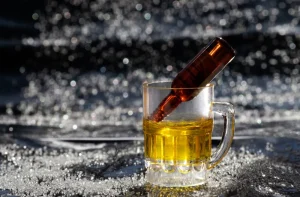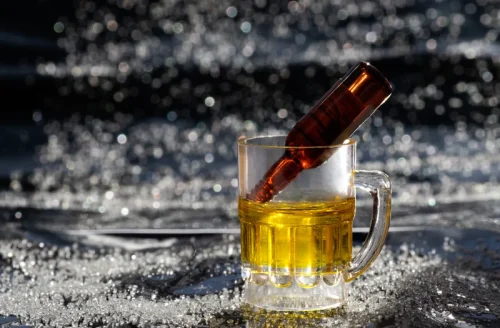
It always does good to approach this journey of recovery patiently and optimistically, savoring every little milestone along drug addiction the way. After sipping that glass of wine or beer, you might find yourself drifting to sleep faster. However, it’s vital to comprehend how alcohol affects sleep patterns to grasp the knock-on effects of alcohol withdrawal. Finally, due to its diuretic effect, drinking alcohol before bed may mean more bathroom visits during the night – further disrupting sleep.

Why Does Alcohol Make Me Sleepy?
But this is more of a guideline than a rule—simply because the amount of alcohol that causes insomnia is different for everyone. When you’re heading to bed after a long day, a few drinks can feel like the perfect way to get some shuteye. But the truth is, alcohol’s alleged “sleep-enhancing” benefits may not be all they’re cracked up to be.
Managing Alcohol Withdrawal Insomnia: Tips for a Good Night’s Sleep

The ability to fall asleep naturally often improves, and staying asleep throughout the night becomes easier. Would one experience these alcohol withdrawal symptoms if they drank 2 to 3 drinks a night and then quit cold turkey? I have recently decided to quit in order to cut out my sugar in an effort insomnia after drinking to better my cholesterol. Though alcohol can have a sedative effect, it has also been linked to sleep disorders like insomnia.

Tips For Dealing With Insomnia During Detox
- I continue to feel better in myself living life this way, so will keep it up for longer.
- Sleep problems also contribute to irritability, anxiety, and depression, which can seriously impact those in recovery.
- It will not be immediately obvious, but this type of aAlcohol dependence can lead to alcohol addiction.
- Some people may have naturally resilient sleep patterns that bounce back quickly, while others may struggle with sleep issues even before alcohol use.
After about a week, the symptoms start to calm down, and by the end of the first month, most people see significant improvement, if not complete disappearance, in insomnia. It’s estimated that by the end of 90 days, most people get past insomnia entirely, with rare cases of individuals experiencing it beyond this point. Just like the variances seen in the science behind insomnia after alcohol detox, the duration of insomnia after quitting is equally diverse. Quit alcohol, and your body begins to readjust without its habitual depressant. This recalibration process can lead to a collection of symptoms known as alcohol withdrawal. These symptoms can range from mild to severe but often include significant disruptions to sleep.
How to get a better night’s sleep
However, a subset of patients may have fragmented sleep and disturbances of consciousness that predict a guarded prognosis for future episodes of DTs (Kotorii et al., 1982, Nakazawa et al., 1981). In addition to the electrophysiologic mechanisms of sleep, Borbely and colleagues postulated a two-process model of sleep regulation (Borbely, 1982). In brief, this model posits that sleep is a function of two independent mechanisms, namely homeostatic sleep drive and circadian rhythmicity. A mismatch between the normally synergistic circadian and homeostatic mechanisms may also https://ecosoberhouse.com/ lead to circadian rhythm sleep disorders. Psychological withdrawal symptoms often include anxiety, depression, and intense cravings.

Recent Comments